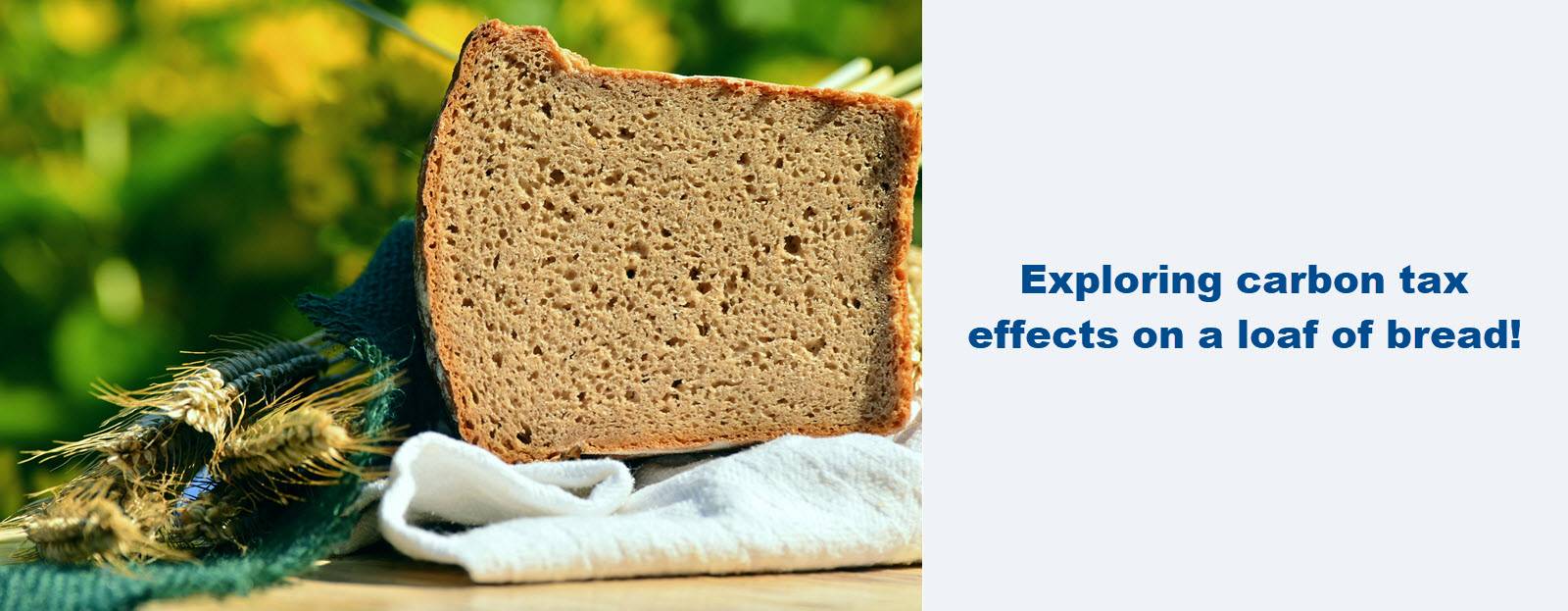
This income is offset by carbon tax incurred at multiple stages. Starting with the purchase of certified wheat seed, the farmer faces the carbon tax on fuel for transportation and the heating of the retailer’s facility.
The next step, acquiring fertilizer, involves the carbon tax on transportation and fertilizer production. The planting season further increases costs with the carbon tax on seeding equipment. As wheat grows, weed and disease control requires chemicals, adding more carbon tax expenses on fuel for trucks and sprayers.
Harvesting the crop isn’t free from these costs either. Using trucks and combines to transport the grain to storage incurs the carbon tax on fuel. Additionally, drying the wheat, if necessary, adds another layer of carbon tax on the energy used in grain dryers.
These stages reflect only the initial phase of wheat production. Further processing into flour and eventually into bread incurs additional carbon tax costs. This extensive carbon taxation throughout the wheat farming process highlights the financial challenges faced by Manitoba farmers.
This in-depth look into the carbon tax implications on Manitoba’s agricultural sector reveals the significant economic pressures farmers face. It underscores the need for a balanced approach that supports agricultural productivity while maintaining environmental objectives.

